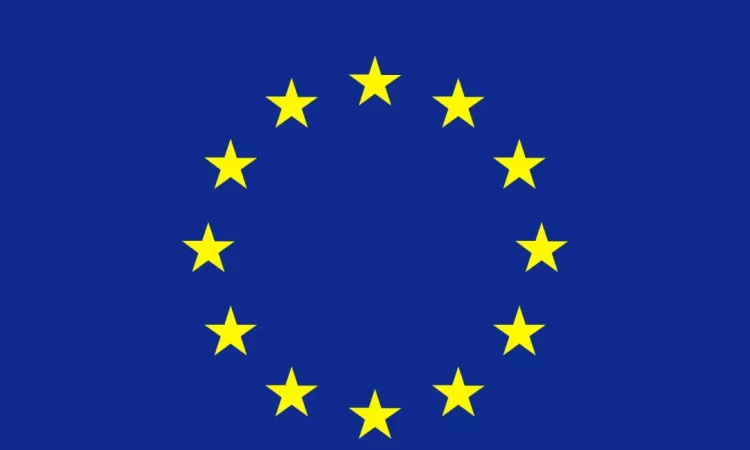
By Ebi Kesiena
The European Union election observation mission has broadly condemned the conduct of the 2023 presidential and National Assembly elections, stating that it lacks transparency.
EU Chief Observer, Barry Andrews, Member of the European Parliament, noted this while presenting the preliminary findings of the European Union Election Observation Mission (EU EOM) on the February 25 general elections to journalist in Abuja on Monday.
According to the findings of EU EOM observers, election day was marked by late deployment and opening, while polling procedures were not always followed. Polling staff struggled to complete result forms, which were not posted publicly in most polling units observed, the observers noted.
The EU Chief added that INEC lacked efficient planning and transparency during critical stages of the electoral process, while on election day trust in INEC was seen to further reduce due to delayed polling processes and information gaps related to much anticipated access to results on its Results Viewing Portal (IReV).
Also, the EU EOM further revealed that the introduction of the Bimodal Voter Accreditation System (BVAS) and the INEC Results Viewing Portal (IReV) were perceived as an important step to ensure the integrity and credibility of the elections. However, uploading of the results using the BVAS did not work as expected and presidential election result forms started to appear on the portal very late on election day, raising concerns.
“During the early stages of collation, presidential result forms from polling units were not displayed on the IReV, while Senate and House of Representative results were slowly published. Presidential election result forms started to be uploaded after 10 pm on election day, raising concerns and reaching only 20 per cent by noon on 26 February. Later the same evening, INEC explained the delay with “technical hitches.”
Also speaking, Ms. Evin Incir, Head of Delegation of the European Parliament, said: “I wish to express my concern that less than 10 percent of candidates were women. The next government and parliament should heed to the manifestos of the main political parties of Nigeria, which call for affirmative action, such as quotas.”






